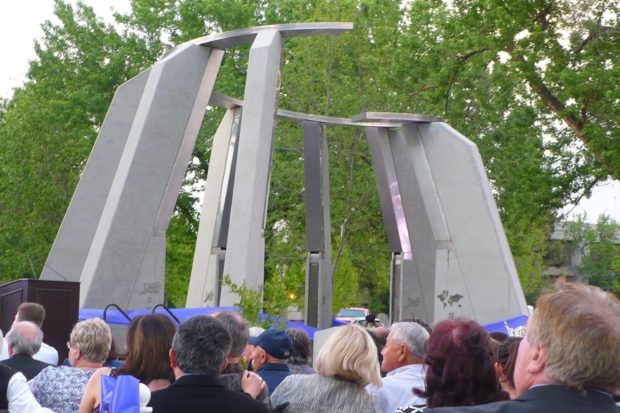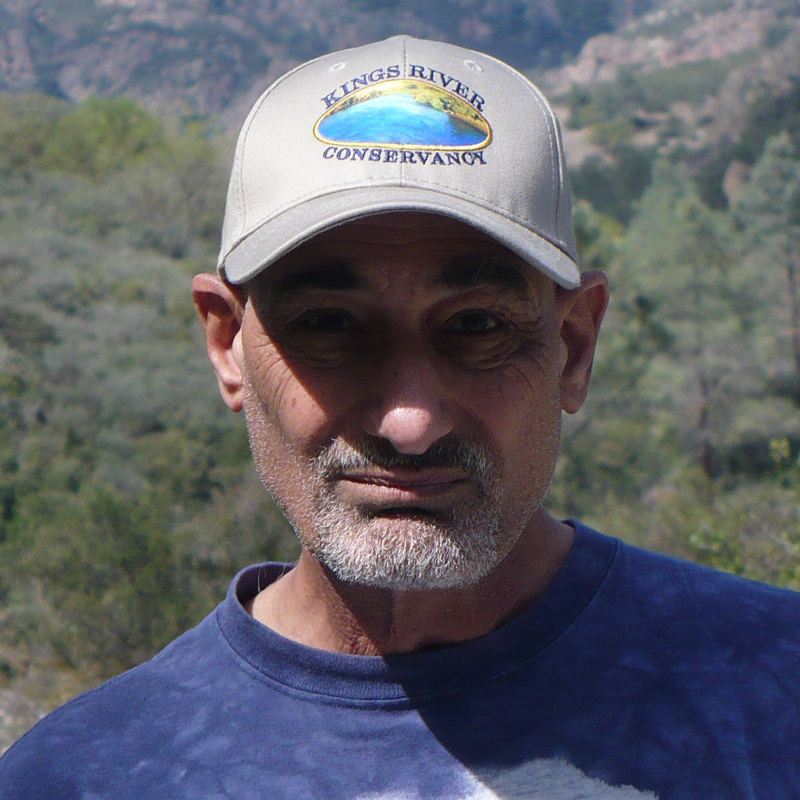
President Joe Biden’s official declaration and recognition of the genocide of Armenians by the Ottoman Empire 106 years ago was greeted with relief and happiness by Fresno’s Armenians and the community at large. Fresno is an epicenter of the Armenian diaspora that resulted from the brutal massacre of an estimated one and a half million men, women and children that began in 1915.
Survivors have dispersed around the world and especially in the United States. Biden’s use of the term genocide comes after decades of advocacy by Armenians and allies of human rights.
April 24 has long been observed as a day of Armenian Genocide Remembrance. Until this year, it was remembered with a measure of sadness and bitterness.
But President Biden did what none before had the boldness to do. He formally called the Armenian holocaust what it actually was—a genocide. Barlow Der Mugrdechian is a prominent scholar of Armenian history and culture, and the director of the Armenian studies program at Fresno State.
“I was very, very pleased, very happy for the Armenians in general for President Biden’s statement, recognizing the Armenian genocide.
“It has been more than a hundred years since the genocide. Especially in the past 30 years, there’s been an intense effort to get the United States government to acknowledge the genocide, to use the word genocide.
“So, in keeping his campaign promise, I think it is important for not only Armenians but also for the United States, because it means the United States is interested in pursuing human rights.”
It has been a long and uphill struggle to gain official genocide recognition. The government of Turkey not only has refused to acknowledge that fact but also has waged a war of disinformation to deny what happened, even to the point of funding scholarships at major universities to back up their claims that Ottoman Armenians were casualties of a civil war.
Professor Der Mugrdechian says that will be harder to do now: “The President’s affirmation of that genocide will also diminish those efforts of Turkey to try to push the denialist argument in academia. And so I think it’s a positive step.
“I think people that can judge arguments and can judge history can clearly see that it was a genocide. So yes, I think Turkey’s efforts will not be as successful as they may have been. And even though they may continue to try to deny that, it will be a more difficult argument to make.”
The genocide declaration also has an impact on the Armenia of today. Rep. Jim Costa (D–Fresno), in a statement on the floor of the House of Representatives, drove that point home when he referred to recent conflict with Azerbaijan in Nagorno-Karabakh, a region that Armenians call Artsakh:
“Just the past year, we witnessed another atrocity against the Armenian people in Artsakh,” stated Costa. “There was no denying the attacks made by Azerbaijan and Turkey were premeditated [and] coordinated in an attempt to eliminate the indigenous Armenian population in Artsakh.
“No words on our part can undo the terror and brutality suffered by the Armenians. Actions can!
“We can learn from these atrocities and commit ourselves to ensuring that something like this never happens again, for starters, by requiring Azerbaijan and Turkey to comply with their agreement to release prisoners of war and civilians held captive by Azerbaijan.
“It’s time for the United States to reestablish its presence in this part of the world by standing up for human rights.”
In the aftermath of those hostilities, Der Mugrdechian emphasizes the importance of President Biden’s decision on the geopolitical reality that confronts contemporary Armenia, “For the people in Armenia, this is also a sort of security step, meaning that if the United States acknowledged that there was a genocide then they will also acknowledge that today’s Republic of Armenia is in a dangerous area of the world for them.
“[Armenia is] always threatened by renewed pan-Turkism, that is, renewed threats from their neighbors Azerbaijan and Turkey, especially since the war in Artsakh in 2020. So that this gives them a sense that the world is paying attention and anyone who would want to try to do something again would have to stop and think twice because they see that the United States is on the record against genocide.”
Virtually every Armenian alive in the Valley, and elsewhere, has a connection to those who were killed or driven out of their homeland by what they call the “Meds Yeghern”—the Great Crime. They’re now looking toward a future where it can never happen again.

